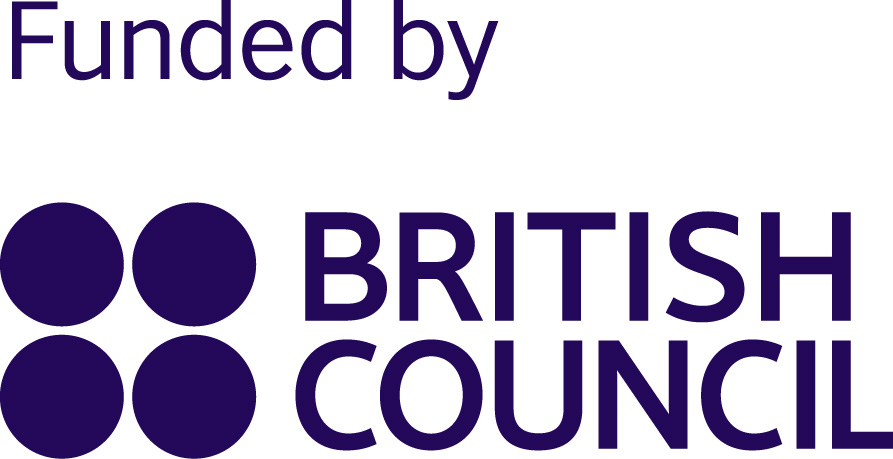Developing a successful career in STEM for women involves navigating a landscape traditionally dominated by men. However, with the right strategies, resources, and support, women can thrive and excel in these fields. Here’s a comprehensive guide on how women can develop a strong, successful career in STEM:
Education and skill development
A robust academic foundation is essential for a career in STEM. From an early age, girls should be encouraged to explore and engage with STEM subjects. This can be achieved through enrolling in advanced placement or honours courses in math and science during high school, participating in science fairs, and joining STEM clubs. Advanced coursework not only builds a solid understanding but also prepares students for the rigors of college-level STEM programs. The STEM fields are dynamic, with new discoveries and technologies emerging regularly. To stay relevant, continuous learning is crucial. Engaging in (short courses), workshops, seminars, and webinars can also help keep skills up-to-date. For example, learning the latest programming languages or understanding new engineering technologies can provide a competitive edge.
Networking and mentorship
Mentorship plays a pivotal role in career development. Women in STEM should seek mentors who can provide guidance, share experiences, and offer advice on navigating their career paths. Mentors can be found through university programs, professional organizations, or workplace networks. Establishing these relationships early can provide valuable support and insight throughout one’s career. Professional organizations such as the Society of Women Engineers (SWE), Women in Technology International (WITI), and the Association for Women in Science (AWIS) or network such as Widya Indonesia offer networking opportunities, resources, and support specifically tailored for women in STEM. These organizations often host conferences, workshops, and networking events that can help build connections and provide professional development opportunities.
Career planning and goal setting
Establishing clear, achievable goals is fundamental for career success. Women in STEM should define both short-term and long-term objectives, such as completing specific projects, earning advanced degrees, or achieving leadership positions. Creating a roadmap to reach these goals, including identifying necessary skills and milestones, can provide direction and motivation. Understanding the potential career pathways within one’s chosen field is essential. Researching various roles, understanding the required qualifications, and knowing the typical career progression can help in making informed decisions. Engaging with professionals in the field, attending industry conferences, and staying updated with market trends can provide valuable insights.
Skill enhancement
Proficiency in key technical skills is a cornerstone of success in STEM. Depending on the field, this might include expertise in programming, data analysis, laboratory techniques, or engineering principles. Pursuing certifications, engaging in hands-on projects, and using simulation tools can enhance technical proficiency. For example, aspiring software engineers might benefit from coding bootcamps, while biomedical researchers could gain from laboratory internships. While technical skills are critical, soft skills such as communication, leadership, and teamwork are equally important. Effective communication skills help in presenting ideas clearly, writing technical reports, and collaborating with multidisciplinary teams. Leadership skills are essential for those aspiring to management or supervisory roles. Participating in group projects, taking leadership roles in student organizations, and attending workshops on soft skills development can be beneficial.
Advocacy and visibility
Women in STEM should actively showcase their achievements. Presenting at conferences, publishing research papers, and sharing accomplishments on professional networks like LinkedIn can increase visibility. Highlighting one’s work and contributions not only builds a professional reputation but also inspires and encourages other women in STEM. Self-advocacy is crucial for career advancement. Women should not hesitate to seek promotions, negotiate salaries, or request to lead high-profile projects. Understanding one’s value and confidently communicating it to employers can help secure deserved opportunities and recognition.
Overcoming challenges
STEM careers often come with challenges, including demanding workloads, complex problem-solving, and sometimes, a lack of representation. Developing resilience and adaptability is key to overcoming these hurdles. Building a support network, practicing stress management techniques, and maintaining a positive mindset can help navigate difficulties. Balancing professional and personal life is essential for long-term career success and well-being. Women in STEM should strive to create a balance that allows for personal fulfillment alongside professional achievements. This might involve setting boundaries, prioritizing tasks, and seeking flexible work arrangements when needed.
Engagement in diversity and inclusion initiatives
Engaging in diversity and inclusion initiatives can help create a more equitable and supportive environment for women in STEM. Participating in programs that promote gender diversity, attending workshops on unconscious bias, and advocating for inclusive policies can contribute to a more welcoming workplace. Mentoring and supporting other women entering STEM fields is a powerful way to foster a supportive community. Sharing experiences, providing guidance, and offering encouragement can help build a network of empowered women who support each other’s growth and success.
Financial literacy and negotiation skills
Financial literacy is critical for making informed career decisions. Women in STEM should educate themselves on topics such as salary expectations, benefits, retirement plans, and investment strategies. Resources like financial planning workshops and online courses can provide valuable knowledge. Effective negotiation skills are essential for securing fair compensation and career advancement. Women should prepare thoroughly for negotiations by researching market salaries, understanding their worth, and practicing negotiation techniques. Confidence in negotiation can lead to better financial outcomes and career satisfaction.
Creating a positive work environment
Forming alliances with colleagues can create a supportive work environment. Collaborating on projects, participating in team-building activities, and fostering positive relationships can enhance job satisfaction and professional growth. Advocating for a positive workplace culture that values diversity and inclusion benefits everyone. Women in STEM can contribute by supporting inclusive practices, recognizing and addressing bias, and promoting a culture of respect and collaboration.
Developing a successful career in STEM for women involves a multifaceted approach that includes building a strong academic foundation, continuous learning, effective networking, and skill enhancement. Overcoming challenges, advocating for oneself, and engaging in diversity initiatives are crucial for creating a supportive and inclusive environment. With determination, resilience, and the right strategies, women can thrive and make significant contributions to the STEM fields, paving the way for future generations.





